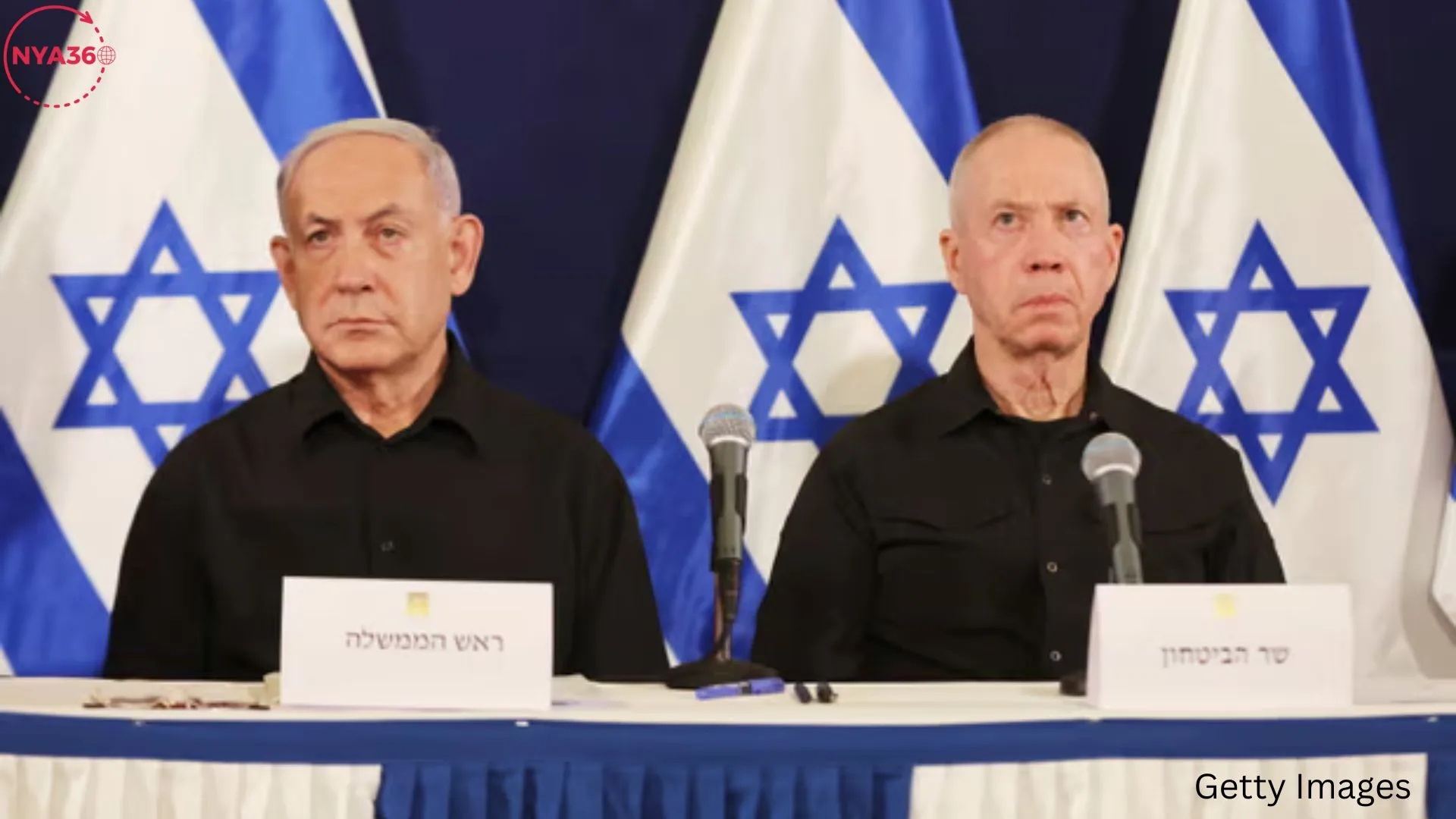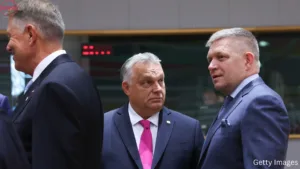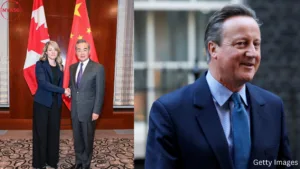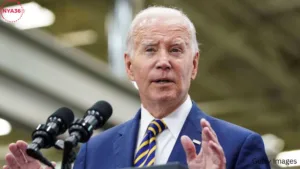Prosecutor Karim Khan of the International Criminal Court (ICC) has made a significant revelation in the realms of international law and geopolitics: supporting evidence has implicated Defense Minister Yoav Gallant and Israeli Prime Minister Benjamin Netanyahu in the commission of war crimes in Palestine. The declaration, released in October 2023, sparked an intense international discourse and exacerbated the precarious Israeli-Palestinian dispute.
Netanyahu and Gallant are facing allegations that have their origins in an extensive inquiry into the operations of the Israeli military in the occupied Palestinian territories. According to Prosecutor Khan, there are significant grounds to believe that war crimes were committed under their leadership, as established by the evidence. Illicit demolition of residences, disproportionate assaults against civilian populations, and obstruction of humanitarian aid are among the purported offenses. Numerous reports by international human rights organizations and the testimonies of Palestinian civilians affected by the situation support the accusations.
Years of preliminary investigations and increasing global pressure to hold Israeli leaders responsible for their conduct in the conflict culminated in Khan’s declaration. Supporters and detractors have scrutinized the International Criminal Court’s investigation, with many raising doubts about the political motivations underlying the prosecution’s scheduling and focus.
The Israeli government has vehemently denied the allegations. The actions of the ICC have been denounced by Prime Minister Netanyahu as politically motivated and without merit. These sentiments were echoed by Defense Minister Gallant, who emphasized that Israel’s military actions are carried out in self-defense against terrorism and in precise observance of international law.
🚨🇮🇱 BREAKING: The International Criminal Court's prosecutor asks for ARREST WARRANTS against Israel's PM NETANYAHU and Defense Minister GALLANT. pic.twitter.com/UZLoKSWsPg
— Jackson Hinkle 🇺🇸 (@jacksonhinklle) May 20, 2024
Israel has consistently maintained that the International Criminal Court lacks jurisdiction over its actions because it is not a signatory to the Rome Statute, the treaty that instituted the ICC. The Israeli government asserts its prerogative to protect its citizens from militant groups operating in the West Bank and Gaza from harm.
The actions of the International Criminal Court were deemed “antisemitic” by Israeli National Security Minister Itamar Ben-Gvir in a notably impassioned response. Many Israeli officials and supporters, who view international criticism of Israel’s policies and military actions as part of a lengthy history of unfair treatment and discrimination against the Jewish state, concur with Ben-Gvir’s assessment.
Antisemitic allegations against Israel are not novel within the context of international criticism. Several Israeli leaders and their allies contend that these criticisms frequently apply a double standard to Israel in comparison to other countries. From this particular standpoint, the International Criminal Court’s emphasis on Israel is seen as neglecting more flagrant transgressions committed by other nations, thus contributing to the continuation of an anti-Israel bias.
In response, the international community has expressed both condemnation and support. The ICC’s action has been largely endorsed by human rights organizations, which view it as a much-needed stride towards ensuring accountability and administering justice to Palestinian victims. Human Rights Watch and Amnesty International, among others, have documented a multitude of occurrences that they characterize as possible war crimes committed by Israeli forces.

On the contrary, several nations, most notably the United States, have voiced apprehension regarding the actions taken by the ICC. Historically, the United States, a staunch ally of Israel, has opposed International Criminal Court (ICC) investigations that focus on its allies or its military personnel. U.S. officials have reaffirmed their dedication to safeguarding Israel’s security while raising concerns regarding the ICC process’s impartiality and fairness.
The issuance of arrest warrants for Gallant and Netanyahu has substantial political and legal ramifications. From a legal standpoint, it is among the most notable instances in which incumbent leaders of democratic nations are confronted with international criminal allegations. If carried out, the arrest warrants would present a legal challenge to the prevailing principles of diplomatic immunity and state sovereignty, potentially establishing a precedent for subsequent proceedings concerning foreign state officials.
Politically, the action could further polarize international opinion and complicate peace efforts in the Middle East by escalating tensions there. Additionally, the political fortunes of Netanyahu and Gallant could be affected; domestic support for them could be bolstered by those who consider the actions of the ICC to be unjust, while international actors advocating for accountability could increase the pressure.
The arrest warrants issued by the International Criminal Court (ICC) against Israeli Prime Minister Benjamin Netanyahu and Defense Minister Yoav Gallant represent a turning point in the protracted Israeli-Palestinian dispute. This highlights the expanding jurisdiction of international judicial organizations in investigating purported war crimes, as well as the intricate relationship that exists among politics, law, and human rights. As the circumstances progress, the extent to which this development will impact the conflict’s dynamics and the wider endeavor for peace and justice in the area is yet to be determined.
Follow us on social media: Instagram, Threads & Twitter X @nya360_ YouTube & Facebook @nya360.





